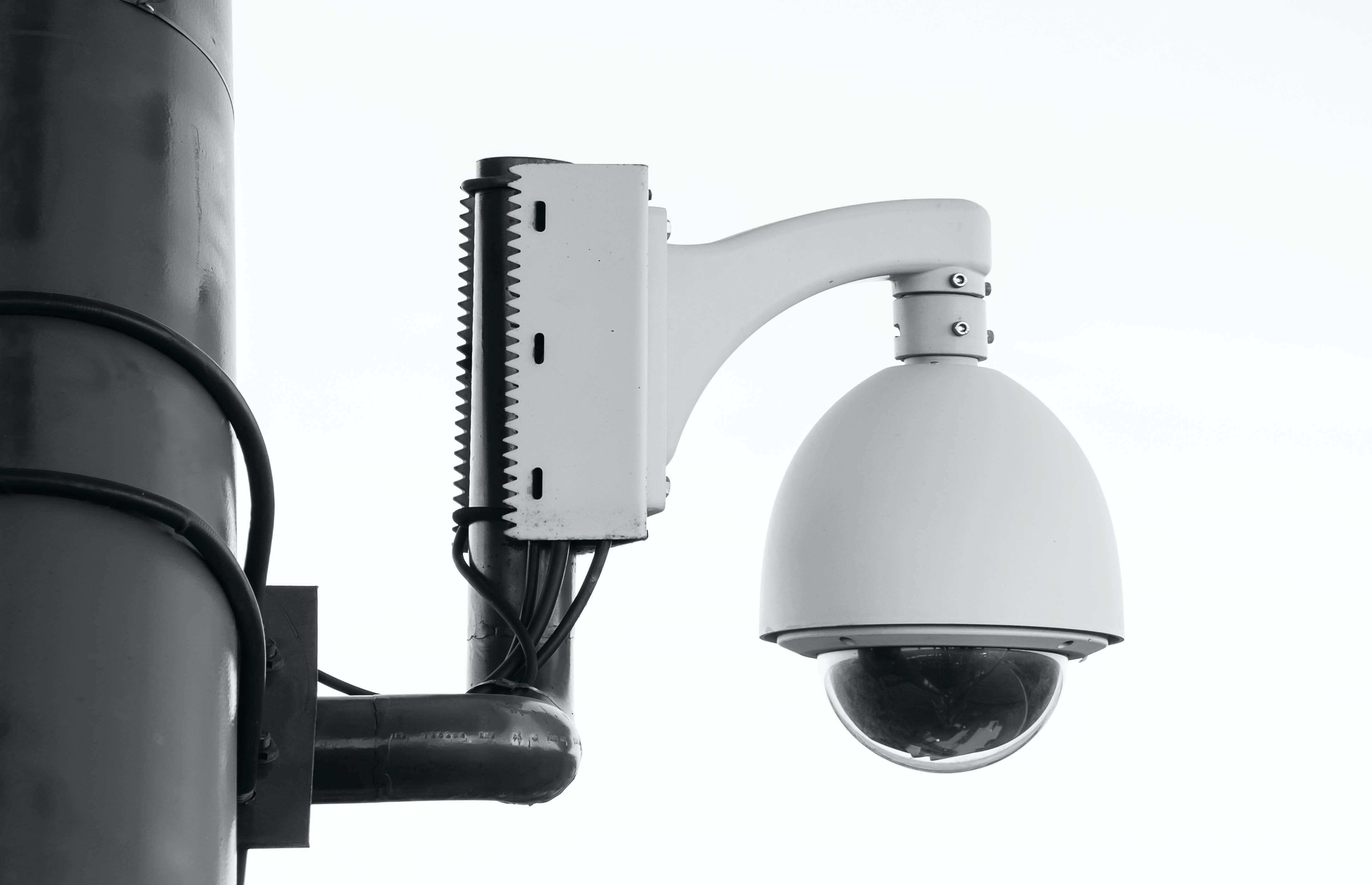Montenegro, in collaboration with France and Slovenia, has embarked on an ambitious journey towards establishing the Western Balkans Cyber Capacity Center (WB3C). This agreement, formalized during the Berlin Process summit in Tirana, Albania, seeks to support the cybersecurity landscape in the Western Balkans and elevate regional collaboration to counter cyber threats. The goal of this collaboration is to nurture local expertise, foster improved cooperation, and bridge regional gaps in combating cyber threats.
A Path to Cyber Resilience
With all escalating cyber threats and malicious activities going on in the world, international cooperation and capacity building are crucial. The Western Balkans, in particular, are witnessing a digital transformation alongside growing risks of cybercrime and cyberattacks. The need for enhanced cyber resilience is increasingly urgent in the face of incidents like fraud, phishing, data theft, online scams, and hacking. These challenges are further complicated by hybrid threats, combining cyberattacks with online disinformation. In response to these pressing needs, Montenegro, France, and Slovenia have agreed on the formation of the WB3C as a testament to their commitment to fortify the Western Balkans’ cybersecurity capabilities and reinforce the region’s path towards its European perspective.

The WB3C’s Key Objectives
The WB3C’s mission encompasses a three-fold strategy:
- Disseminate a cyber culture through education and awareness: A core objective is to promote cybersecurity education and awareness, culminating in the development of cybersecurity-related curricula within universities across the region. A partnership with the Balkan Institute for Science and Innovation at the University of Nice Côte d’Azur and the University of Maribor underscores this commitment.
- Building Operational Capacities: Create expert-led training programs that will enhance the regional operational capabilities in various domains such as investigation, prosecution, attack prevention, and risk management.
- Facilitating Regional and International Collaboration: By organizing annual forums for government Computer Emergency Response Teams (CERTs), National CERTs, and agencies directors, the WB3C aims to stimulate public-private partnerships and cyber diplomacy. These efforts will facilitate information sharing at both regional and international levels.
The WB3C: A Hub for Progress
Marking a significant milestone, Montenegro’s Prime Minister, Dritan Abazovic, announced a collaboration with France and Slovenia. Their vision to establish the Western Balkans Cyber Capacity Center (WB3C) was realized during the Berlin Process summit in Tirana, Albania. This center, set to be headquartered in Montenegro’s capital, Podgorica, represents a major leap in advancing regional cybersecurity efforts. The agreement outlines the establishment of a regional hub dedicated to the implementation of advanced cybersecurity programs and training.
A Region Uniting for Cyber Defense
The Western Balkans Cyber Capacity Center will attain the legal status of an international organization. It will have three founding members – Montenegro, Slovenia, and France. Moreover, other Western Balkan countries will be welcomed as members, fostering a collective and united front in tackling cybersecurity challenges.

In the Spirit of the Berlin Process
The establishment of the WB3C is aligned with the broader Berlin Process, initiated in 2014. This collaborative platform brings together high-ranking officials from the Western Balkan Six (WB6), which includes Albania, Bosnia and Herzegovina, Kosovo, Montenegro, North Macedonia, and Serbia, in cooperation with host countries of the Berlin Process. Together, these countries are dedicated to fostering collaboration and progress in the region.









